Candice Warner and Em Rusciano show personal pain is no longer something to be endured on private
In the era of social media and grief counselling, privacy and personal tragedy are shareable commodities, but it is not necessarily the right way, writes Annette Sharp.
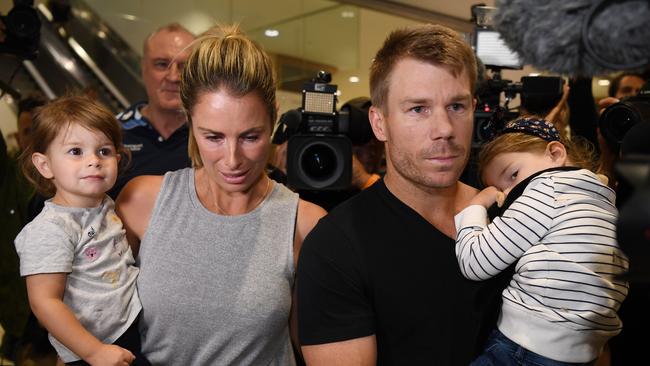
Opinion
Don't miss out on the headlines from Opinion. Followed categories will be added to My News.
TWO high-profile Australian women commented on their miscarriages in a very public manner this week. In a 24-hour
period former ironwoman-turned-influencer Candice Warner and radio host/comedian Em Rusciano spilt their pain on the page.
Mother-of-two Warner gave a tell-all magazine interview about the child she said was lost in early April, one week after cricket’s ball tampering scandal engulfed her husband David Warner and the Australian Test cricket team.
BARMY ARMY TO LAY OFF PLAYERS’ FAMILIES
Warner spoke of tears, heart ache and blood in the bathroom — nothing apparently off limits in an interview in which she also painted her husband, now on a 12-month cricket ban for his part in ball tampering, as a “top bloke”.
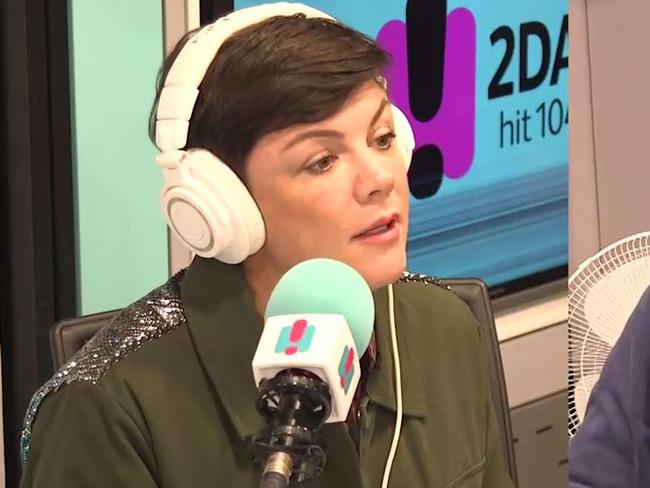
Reflecting on a less recent but no less tragic event was the social media post of 2DayFM breakfast host Rusciano, who took to Instagram mid week on the first anniversary of the miscarriage of the baby
she calls “Ray”.
In a long post she wrote
of missed milestones, memories, dreams, fragility and “bolts of grief”.
There was even a photograph of an engraved gold pendant bearing Ray’s name along with the names of Rusciano’s living children, Marchella and Odette.
“It’s been one year since we lost Ray,” she wrote. “Not a day has gone by that I haven’t thought about him … If you’d told me this time last year I’d feel somewhat human again, I wouldn’t have believed you. I do feel human again. But I’m not the same. I never will be.”
There was a time not very long ago — before the internet launched a million women’s blogs, before social media — when such emotional outpourings might have been considered detrimental to a woman’s health and even injurious to her reputation.
It was the case just 17 years ago when this scribe had her miscarriage.
Back then miscarriage was something women rarely spoke about.
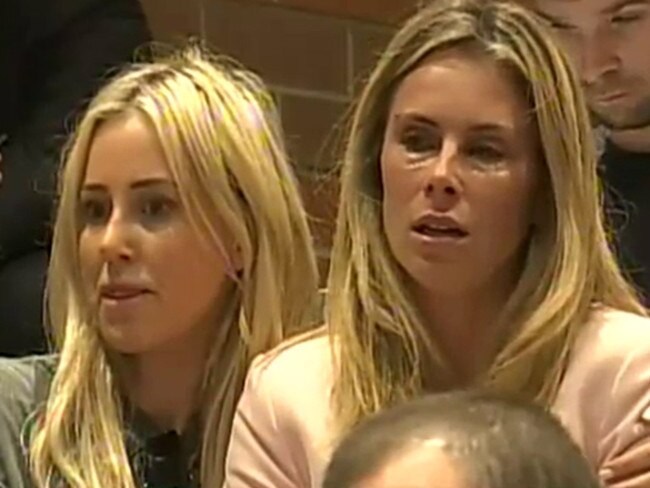
We pulled ourselves together in public and did our best to do so in private.
“Miscarriages happen when unborn babies aren’t thriving,” my mother said, and that was enough for me. It had to be. The doctors offered little more concerning my “unviable pregnancy”.
In the days before grief counselling became the industry it is today, we learned to stoically put our grief to one side.
We were too busy for it. We had our work, our lives and the raising of the children we were lucky enough to have. Keeping busy was the only pain management we knew — and a healed wound was one we left alone for there was risk in revisiting it. To reopen an old wound was to risk reopening the wounds of others — of friends and older relatives — all still nursing the private pain of their own miscarriages. And somehow we all survived.
Today privacy and personal tragedy are shareable commodities.
Everything is everybody’s business. Privacy carries no value at all. It’s the modern way. This doesn’t necessarily mean it’s the right way. In this sense Warner is a student of the social media age, showing a curated version of her life to 189,000 Instagram followers. As does friend and PR consultant Roxy Jacenko.
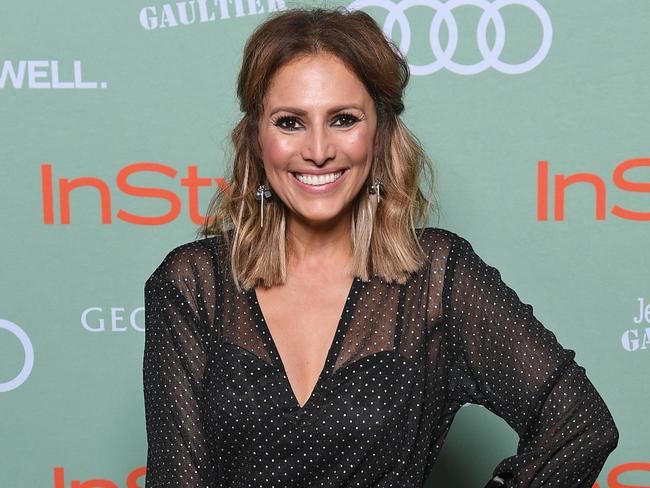
In 2016 Jacenko negotiated for 60 Minutes to film her breast cancer lumpectomy surgery weeks after husband Oliver Curtis was jailed for insider trading.
Last year television presenter Sally Obermeder, another of Jacenko’s Ministry Of Talent clients, opened up to a women’s magazine about her infertility issues, her
new surrogate daughter Elyssa and her breast
cancer recovery.
She was the latest in a long line of women cancer survivors to share their experience — others to have done so include Kylie Minogue, Delta Goodrem and Kerri-Anne Kennerley.
Kennerley also famously shared the devastating story of husband John’s spinal cord injury with a magazine in July 2016 — the article supported by heartbreaking images of John in hospital gown and with life-supporting devices in the background.
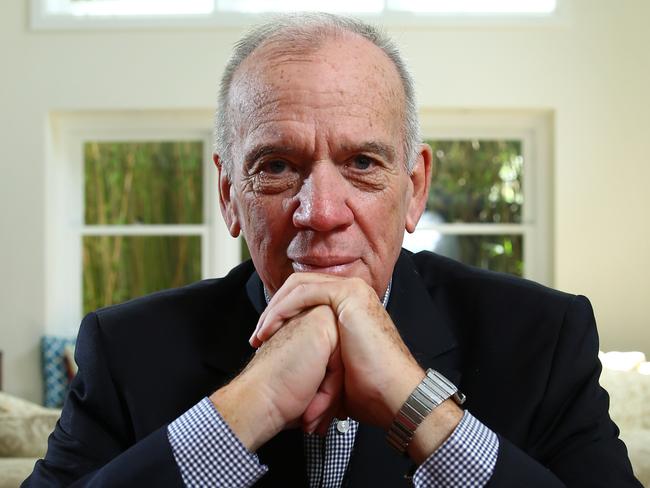
This interview came three months after Kennerley gave her first exclusive on the story to Channel 7’s Sunday Night.
Women celebrities seem to have no problem ploughing the depths of their tragic back stories. Famous men, not so much. Television veteran Mike Willesee — a man who made his name on commercial television over four decades — chose in the end, and despite his long association with A Current Affair and Sunday Night, to tell his cancer story to “off Broadway” program Australian Story, on ABC-TV.
The end result was dignified — something his children can treasure — and that has a value the Instagram generation would do well to observe.



